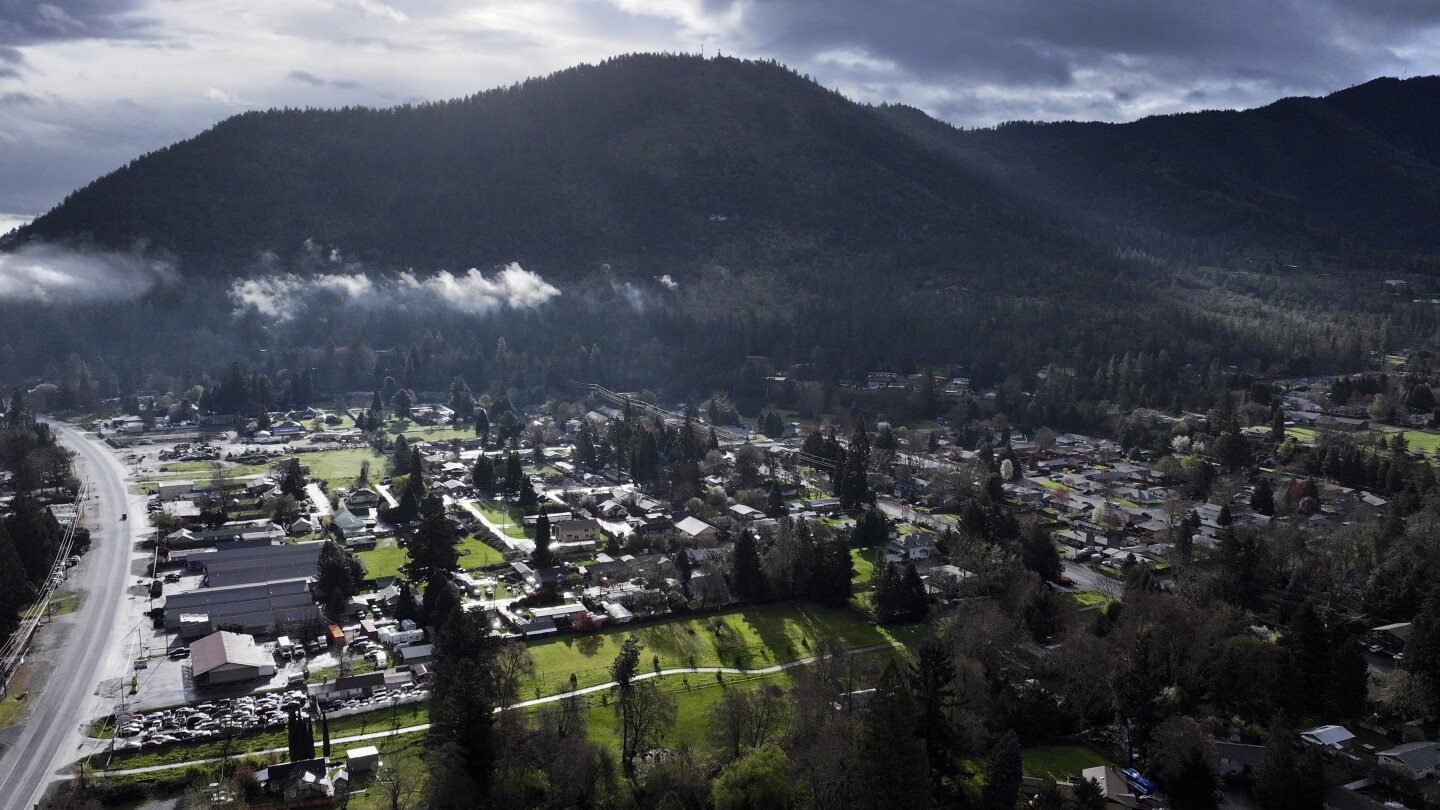The scenes were emblematic of the crisis gripping the small, Oregon mountain town of Grants Pass, where a fierce fight over park space has become a battleground for a much larger, national debate on homelessness that has reached the U.S. Supreme Court.
The town’s case, set to be heard April 22, has broad implications for how not only Grants Pass, but communities nationwide address homelessness, including whether they can fine or jail people for camping in public. It has made the town of 40,000 the unlikely face of the nation’s homelessness crisis, and further fueled the debate over how to deal with it.
“I certainly wish this wasn’t what my town was known for,” Mayor Sara Bristol told The Associated Press last month. “It’s not the reason why I became mayor. And yet it has dominated every single thing that I’ve done for the last 3 1/2 years.”
Officials across the political spectrum — from Democratic Gov. Gavin Newsom in California, which has nearly 30% of the nation’s homeless population, to a group of 22 conservative-led states — have filed briefs in the case, saying lower court rulings have hamstrung their ability to deal with encampments.



Perhaps if they had housing and sufficient social nets so they didn’t have to steal to eat and places they could get managed drug doses (you can’t just quit, especially without resources) then this wouldn’t be a problem.
It’s not like people choose to be problems and homeless. Almost all Americans are one or two bad turns away from joining them.